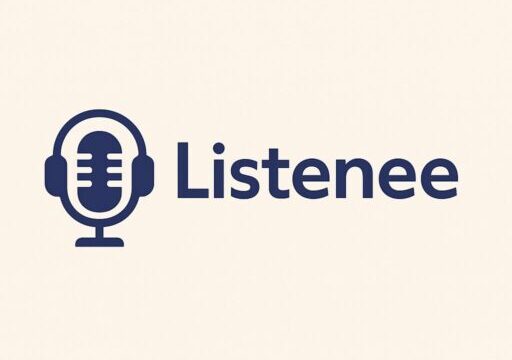🎧 Audio
📖 Script
The Trump administration’s global tariff policy has become a significant challenge for businesses worldwide. Companies are struggling to cope with the increased costs caused by these tariffs. As a result, they are looking for innovative ways to minimize the financial impact. The NPR’s Planet Money team has investigated some of the strategies that companies are using to deal with these tariffs.
One common approach is to find legal loopholes in the tariff regulations. For instance, some companies are reclassifying their products under different categories that have lower tariff rates. This reclassification requires a deep understanding of the tariff codes and can be quite complex. However, for many businesses, it is a necessary step to maintain their profitability.
Another strategy is to shift production to countries that are not affected by the tariffs. This can be a costly and time-consuming process, but it offers a long-term solution. Companies are also negotiating with suppliers to share the burden of the increased costs. By working together, they can find ways to absorb some of the tariff expenses without passing them on to consumers.
Furthermore, businesses are exploring the possibility of passing on the tariff costs to their customers by increasing prices. However, this is a delicate balance, as higher prices can lead to a decrease in sales. Companies need to carefully consider how much of the cost they can pass on without losing their competitive edge.
The impact of these tariffs extends beyond individual companies. It affects global supply chains and can lead to increased prices for consumers. As businesses continue to adapt, they must navigate the complexities of international trade and find ways to remain competitive in a challenging economic environment.
📝 Vocabulary
- tariff: a tax or duty to be paid on a particular class of imports or exports
例文: “The government imposed a new tariff on imported steel.”
Collocations/日本語の意味を見る
- impose a tariff
- tariff rate
- tariff barrier
関税 - loophole: an ambiguity or inadequacy in the law or a set of rules
例文: “The company found a loophole to avoid paying extra taxes.”
Collocations/日本語の意味を見る
- legal loophole
- exploit a loophole
- close a loophole
抜け穴 - reclassify: assign to a different class or category
例文: “The product was reclassified to reduce import taxes.”
Collocations/日本語の意味を見る
- reclassify products
- reclassify data
- reclassify information
再分類する - profitability: the ability of a business to earn a profit
例文: “The company’s profitability improved after cutting costs.”
Collocations/日本語の意味を見る
- increase profitability
- improve profitability
- reduce profitability
収益性 - competitive edge: an advantage that makes a company more successful than its competitors
例文: “Innovative technology gave the company a competitive edge.”
Collocations/日本語の意味を見る
- gain a competitive edge
- lose a competitive edge
- maintain a competitive edge
競争優位
✏️ Grammar Point
Conditional Sentences – “If we cut costs now, we can increase our profit margin next quarter.”
文法の日本語補足を見る
💡 使用場面
条件を設定して、ある行動がどのような結果をもたらすかを話す際に使われます。
📝 使用例文
“例: In a business meeting, you might say: ‘If we cut costs now, we can increase our profit margin next quarter.’”
❓ Listening Questions
- True/False: Some companies are changing their product categories to lower tariffs.
- MCQ: What is one way companies are dealing with increased tariffs?
a) Raising wages
b) Finding legal loopholes
c) Increasing production in the U.S.
d) Hiring more employees - MCQ: What is a risk of passing on the tariff costs to consumers?
a) Increased profits
b) Improved supply chain
c) Decreased sales
d) Higher taxes
🔑 Listening Answersを見る
- True
- b) Finding legal loopholes
- c) Decreased sales
📚 Reading Questions
- What are some methods companies are using to minimize the impact of tariffs?
- Why might companies hesitate to pass on tariff costs to consumers?
- What does the word “loophole” mean in the context of the script?
🔑 Reading Answersを見る
- Companies are reclassifying products, shifting production, and negotiating with suppliers.
- Companies might hesitate because it can lead to decreased sales and loss of competitive edge.
- An ambiguity or inadequacy in the law that can be used to avoid tariffs.
🇯🇵 日本語での経済ニュース解説
トランプ政権の関税政策は、世界中の企業に大きな影響を及ぼしています。企業はコスト増加に直面し、利益を維持するためにさまざまな対策を講じています。製品の再分類や生産拠点の移動、サプライヤーとの交渉などがその例です。このような対応は、国際貿易の複雑さを考慮しながら、競争力を維持するために重要です。将来的には、関税政策の見直しや新たな国際貿易協定が必要になるかもしれません。



